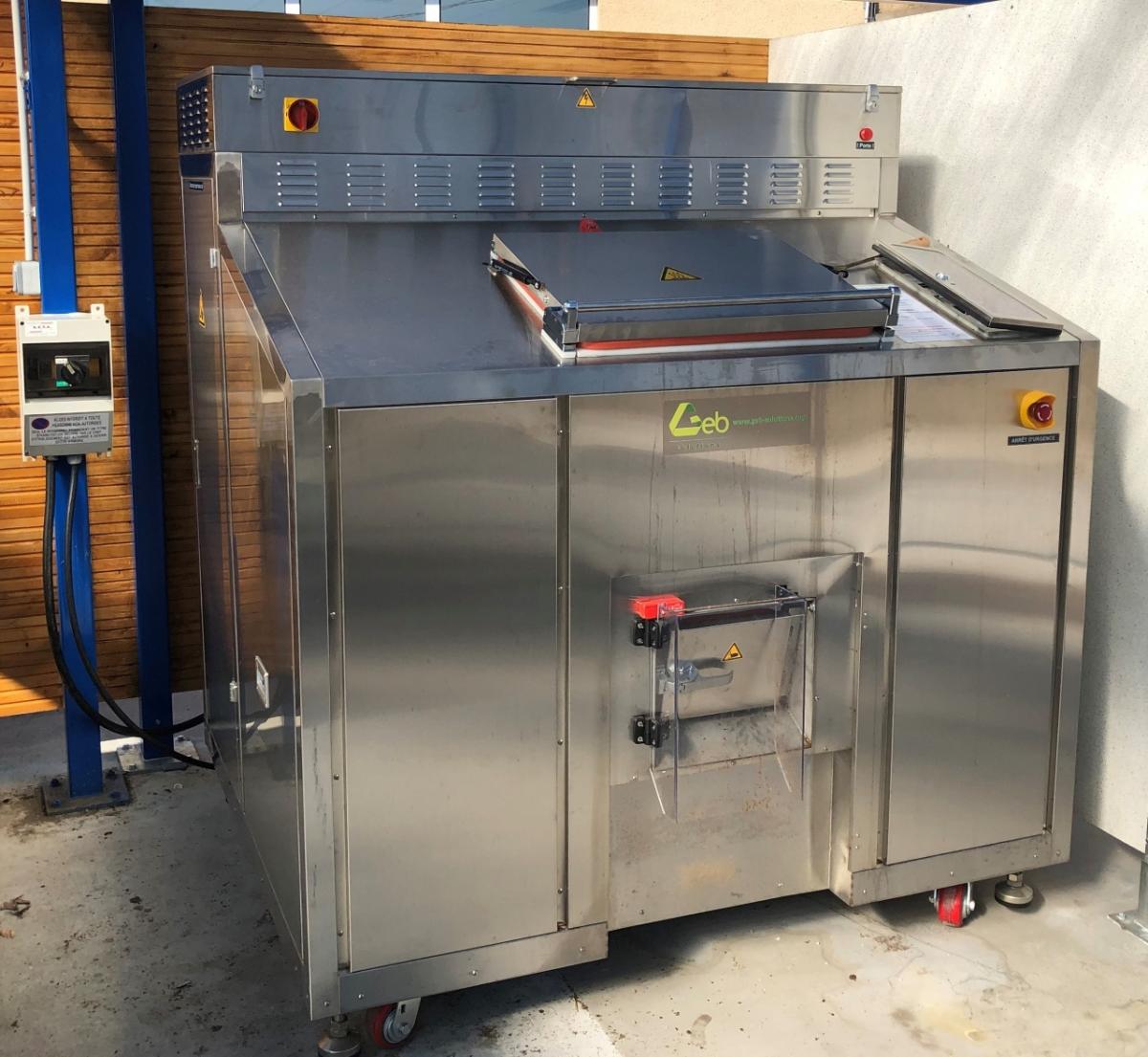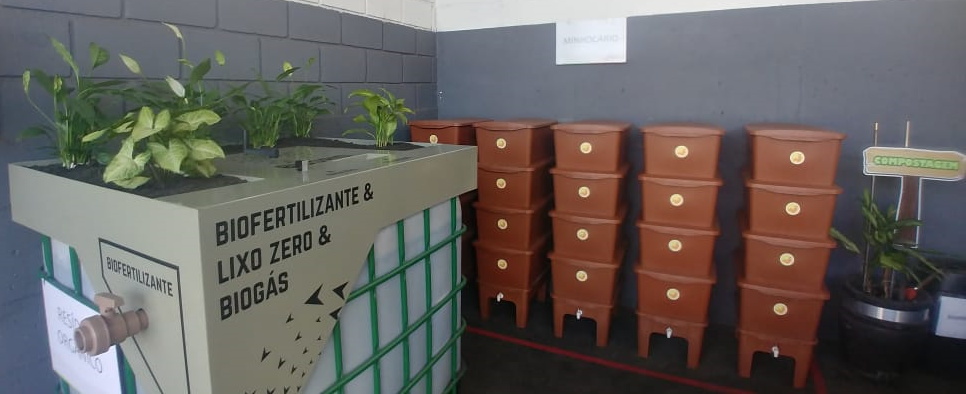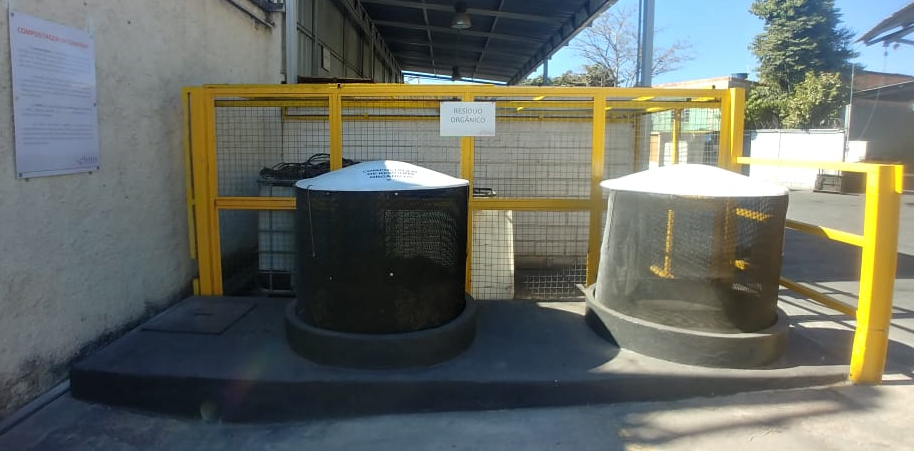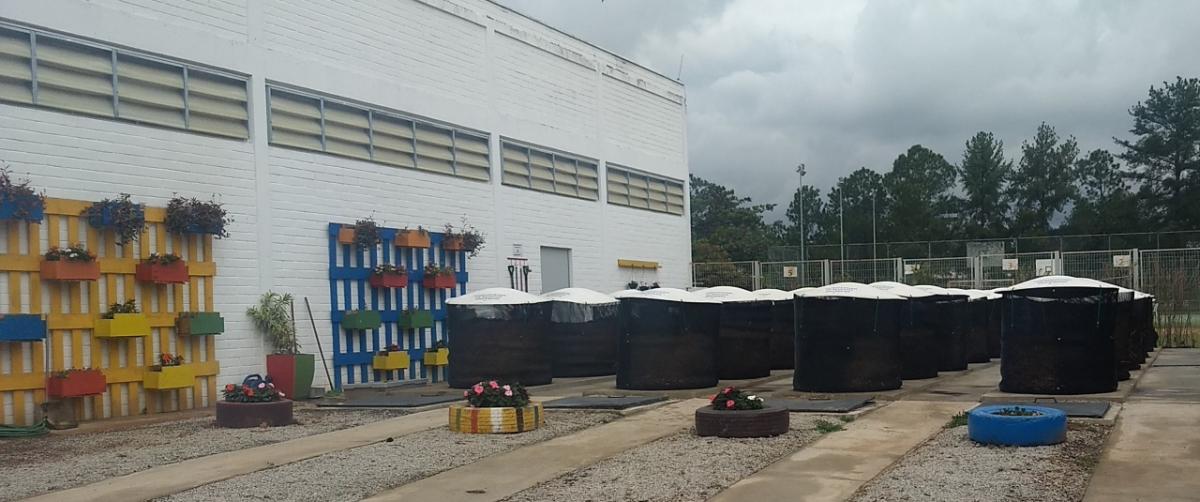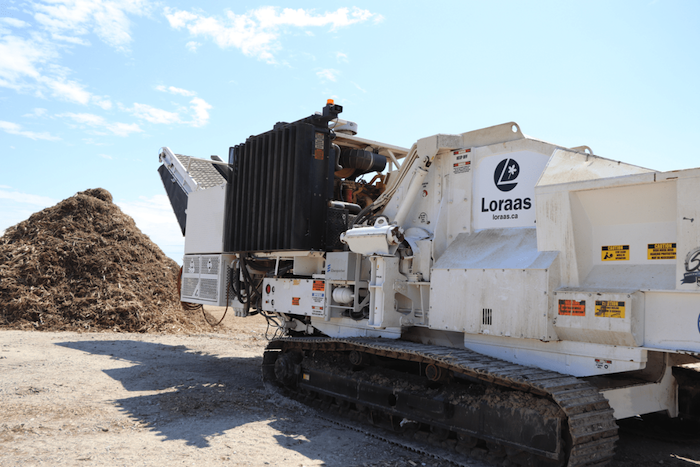Unlocking the Value in Waste
CNH Industrial is committed to enhancing the sustainability of all areas of its business, and minimizing waste generation is key. Where this is not possible, the Company seeks ways to give waste a new life by transforming it into something of value, as the following composting projects demonstrate.
The CASE Construction Equipment plant in Burlington, Iowa, USA, provided dedicated containers across the site to collect both food waste and paper towel waste (from restrooms), before sending it to a composting facility for conversion into nutrient rich soil for distribution to local farmers. Thanks to this initiative, the plant reduced its waste sent to landfill by almost 20 tons per year.
The Case IH plant in Racine, Wisconsin, USA, and the CASE manufacturing facility in Wichita, Kansas, USA replaced their plastic disposables with compostable eco-products in the company cafeteria, including, but not limited to plates, bowls, forks and trays. This helped reduce plastic waste by almost one ton per year.
The New Holland Agriculture plant in Saskatoon, Canada worked with a local contractor whose newly built composting facility enabled composting of lunchroom waste across the plant. Moreover, all lunchroom materials were replaced with compostable items. These measures cut the plant’s annual waste sent to landfill by over 10%.
At the FPT Industrial facility in Bourbon Lancy, France, the installation of a thermic dehydrator allowed the plant to reduce the weight and volume of the biowaste produced by its on-site cafeteria by over 80% (some 25 tons per year). It was then sent to an external company for methanization.
The New Holland Construction manufacturing facility in Contagem, Brazil, implemented an internal vermicomposting system – a system which uses worms to convert organic waste – to generate biogas and biofertilizer through thermophilic biodigestion. Thermophilic biodigestion is a specific kind of biodigestion which occurs above 50 °C producing biogas, and can significantly accelerate the biodigestion process. Using this system, the plant cut its annual organic waste by 1,370 tons in the process.
The composting project implemented at the Case IH plant in Sorocaba, Brazil, focused on the organic waste produced by the plant’s cafeteria as well as its garden waste. The project enabled processing 120 tons of waste per year, converting it into humus that was then used as fertilizer in the plant’s gardens as well as being distributed to employees for use at home. The result: zero waste sent to landfill.

